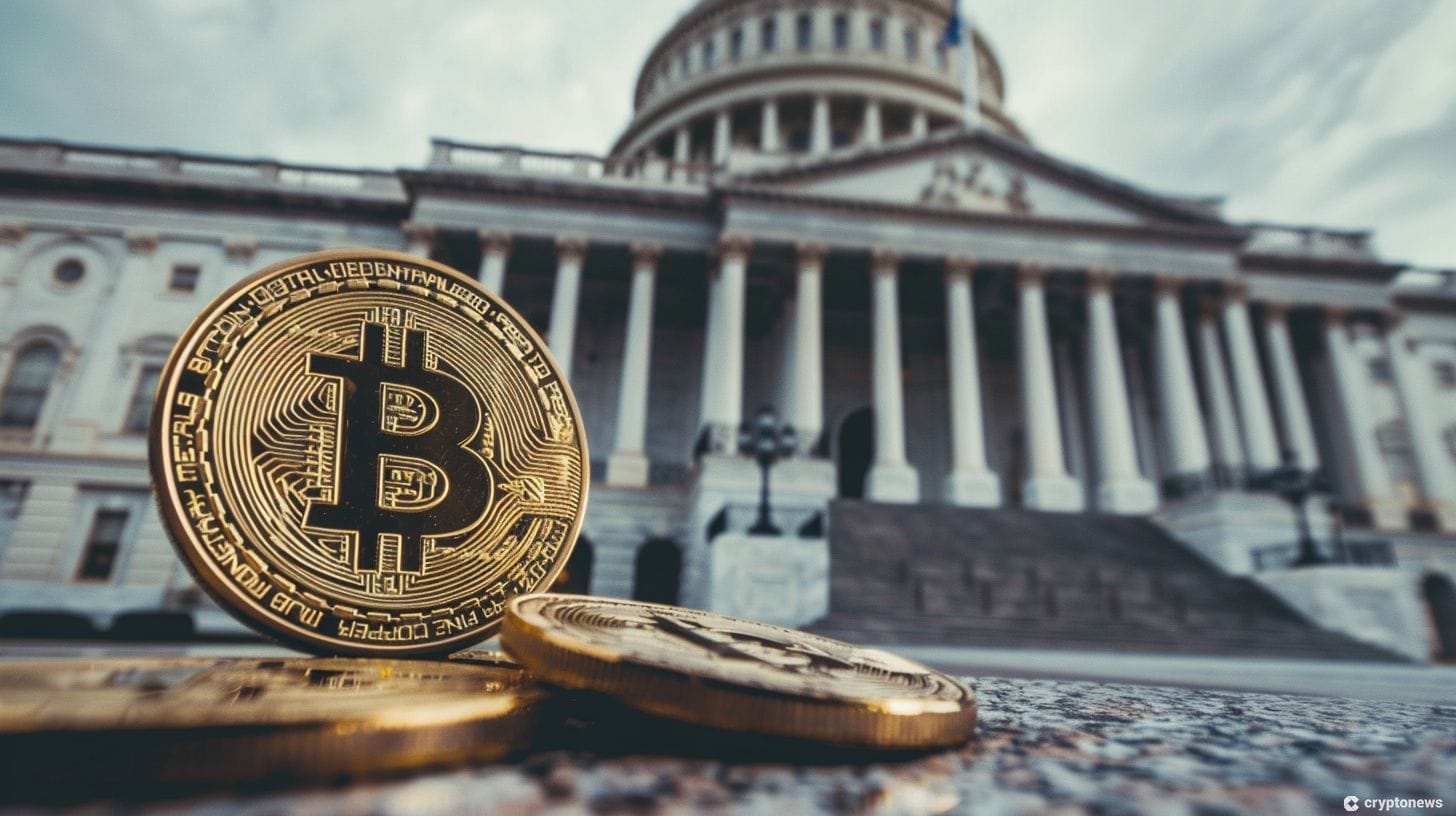Senator Cynthia Lummis (R-WY) has criticized the U.S. Department of Justice (DOJ) for its recent actions against self-custody wallets in the crypto space. She expressed her concerns over the DOJ’s aggressive stance on non-custodial software, arguing that it contradicts existing Treasury guidance and violates the rule of law. Lummis’s statement follows the arrest of Samourai Wallet founders and charges filed against Tornado Cash developer for operating unlicensed money-transmitting businesses. These actions have raised concerns within the crypto community about the legality of owning and holding digital asset wallets.
The DOJ’s crackdown on Tornado Cash and Samourai Wallet signals the U.S. government’s intention to treat crypto mixers as unlicensed money transmitters, potentially leading to more regulatory actions in the sector. The debate revolves around whether crypto mixing safeguards privacy or enables illicit activities, with cases of hacking collectives using crypto mixers to launder funds. Prosecutors have alleged that Tornado Cash and Samourai Wallet facilitated billions of dollars in money laundering transactions, raising questions about their role in illegal activities and financial privacy.
As the legal battles unfold, developers like Roman Storm are pushing back against the government’s case, stating that their software solutions aim to provide financial privacy to legitimate cryptocurrency users and should not be considered a crime. This has sparked a broader discussion about the rights of self-custody wallet users and the potential implications of regulatory actions on the crypto community. It remains to be seen whether lawmakers will intervene to address concerns of executive overreach or if self-custody wallet users will face repercussions for engaging in unlicensed money-transmitting activities.
The controversy surrounding self-custody wallets highlights the ongoing debate between privacy advocates and law enforcement agencies over the balance between financial privacy and illicit activities in the digital asset space. While the DOJ’s actions may be seen as a way to crack down on money laundering and illegal transactions, they have also sparked concerns about individual rights and the future of decentralized finance. The outcome of these legal battles could have significant implications for the broader adoption of cryptocurrencies and the regulatory landscape in the U.S.
As the debate continues, stakeholders in the crypto community, lawmakers, and regulators will need to navigate the complex intersection of financial privacy, law enforcement, and technological innovation. It remains to be seen how the legal challenges against Tornado Cash and Samourai Wallet will shape future regulations and the treatment of self-custody wallets in the U.S. Whether these actions will lead to a more nuanced approach to regulating crypto assets or further restrictions on user privacy remains to be seen. In the meantime, Senator Lummis and other advocates will continue to push for greater clarity and protection of individual rights in the evolving landscape of digital assets and decentralized finance.































